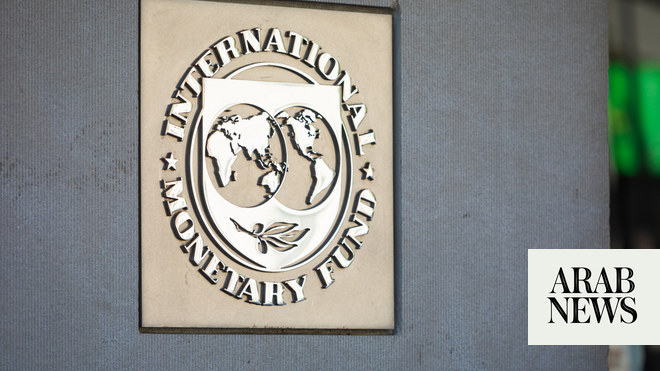
The International Monetary Fund (IMF) on Thursday said it had reached a staff-level agreement with Pakistan that would pave the way for disbursement of $1.17 billion, if approved by the IMF board, and was considering topping up the programme.
In a statement, the IMF said its staff had reached agreement on policies under a review of its Extended Fund Facility (EFF) program that could bring total disbursements under the programme to about $4.2 billion, if approved.
The breakthrough could be barely more timely, with the high price of energy imports pushing Pakistan to the brink of a balance of payments crisis.
Its foreign currency reserves have fallen as low as $9.8 billion, hardly enough for five weeks of imports, and the Pakistani rupee has weakened to record lows against the U.S. dollar.
"The Agreement with the Fund has set the stage to bring country out of economic difficulties," Prime Minister Shehbaz Sharif said in a tweet.
Finance Minister Miftah Ismail said in a tweet that Pakistan would soon "receive $1.17b as the combined 7th & 8th tranche" of the programme.
Pakistan entered a 39-month, $6 billion IMF programme in 2019, but less than half of the amount has been disbursed to date as Islamabad has struggled to keep targets on track.
In order to meet Pakistan higher financing needs, the IMF statement said its board would also consider an extension of the EFF until the end of June 2023, and whether to top it up by nearly $1 billion.
Returning to the IMF programme should also open up other external financing avenues for Pakistan.
Having come to power just two months ago, Prime Minister Shehbaz Sharif"s government is tasked with slashing the fiscal and current account deficits under the IMF programme.
The central bank has already jacked up its policy interest rate to 15% to counter the inflation, which ran at 21.3% in June.
"Pakistan is at a challenging economic juncture," Nathan Porter, who headed the IMF team, said in a statement, citing the difficult external environment and domestic policies that fueled demand to unsustainable levels.
"The resultant economic overheating led to large fiscal and external deficits in FY22, contributed to rising inflation, and eroded reserve buffers," he added. — Agencies











